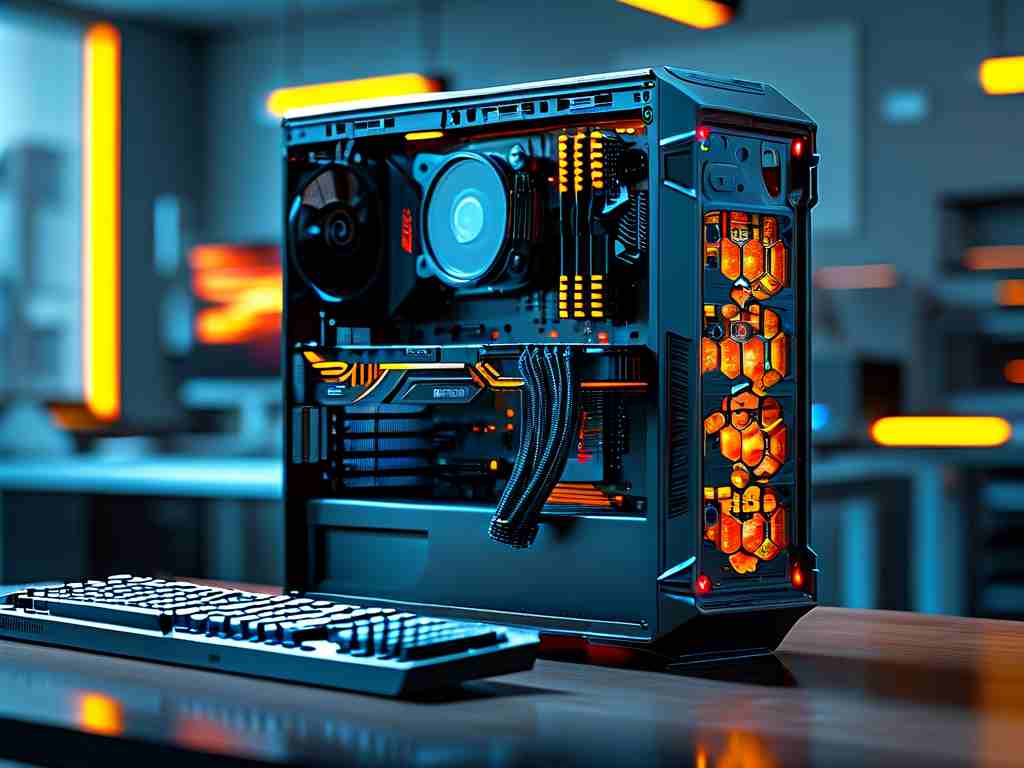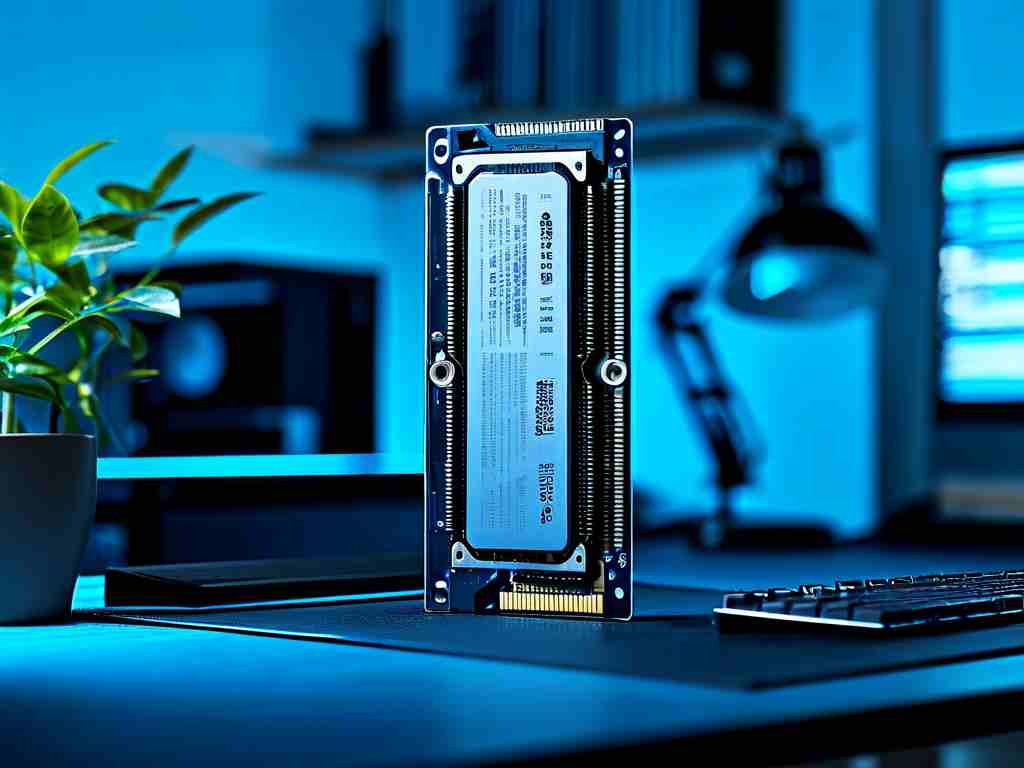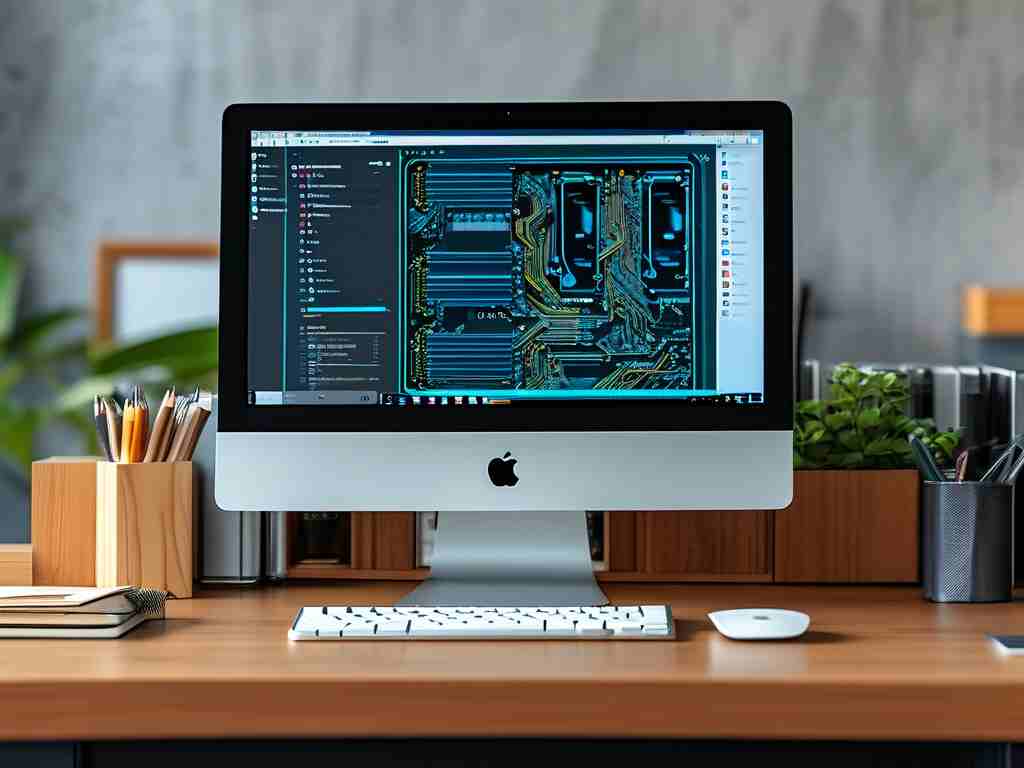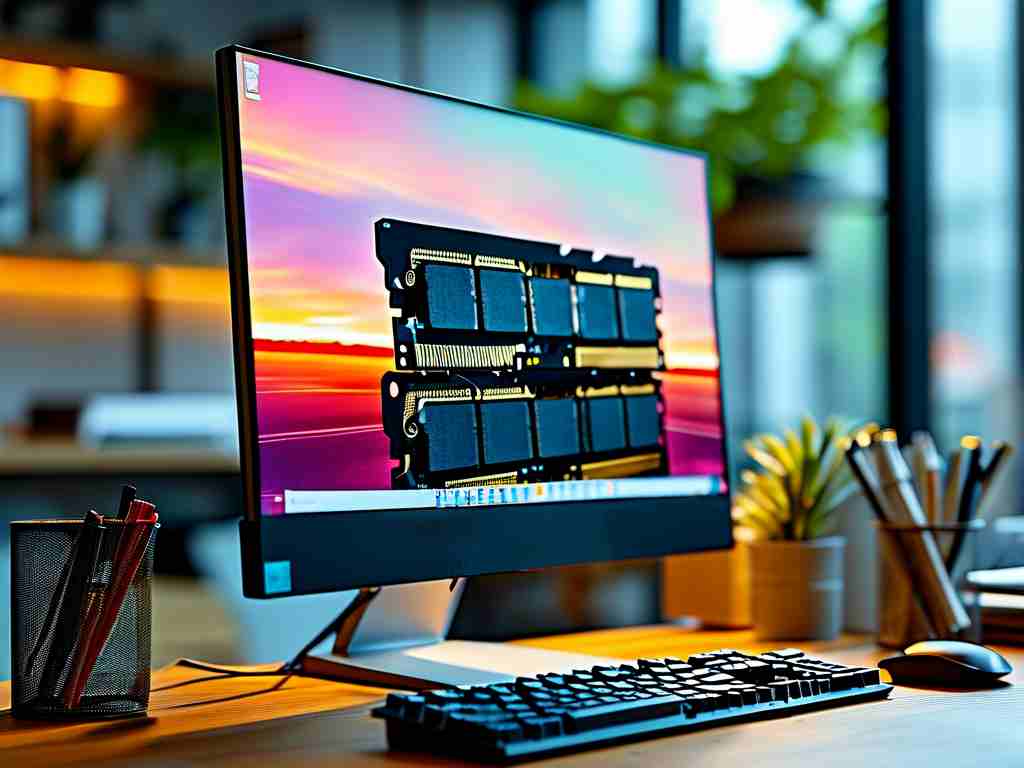When building or upgrading a computer, selecting the right memory (RAM) is crucial for optimal performance. This guide explores key considerations to help users make informed decisions while avoiding technical jargon and AI-generated patterns.

Understanding RAM Fundamentals
Random Access Memory (RAM) acts as your system's short-term data storage, directly impacting multitasking capabilities and application responsiveness. Modern computers typically use DDR4 or DDR5 modules, with DDR5 offering faster speeds but requiring compatible motherboards. For budget-conscious users, DDR4 remains a practical choice due to wider hardware support and lower costs.
Capacity vs. Usage Requirements
The ideal RAM capacity depends on specific use cases:
- Basic computing (web browsing, office tasks): 8GB minimum
- Gaming/content creation: 16GB recommended
- Professional workloads (3D rendering/video editing): 32GB+
A common mistake is overlooking future-proofing. As software becomes more resource-intensive, opting for slightly higher capacity than current needs can extend system relevance. For gaming PCs, 16GB has become the new baseline for modern titles like Cyberpunk 2077 and Microsoft Flight Simulator.
Speed Considerations
Memory speed, measured in MHz (e.g., 3200MHz), works with CAS Latency (CL) to determine true performance. Higher MHz doesn't always mean better performance – a 3600MHz CL18 kit may perform similarly to 3200MHz CL16. When comparing modules, calculate true latency using (CL/MHz)*2000 for accurate comparisons.
Dual-Channel Configuration
Most modern systems benefit from installing RAM in pairs (e.g., 2x8GB instead of 1x16GB). This dual-channel architecture doubles data transfer rates between memory and CPU. For AMD Ryzen systems, this configuration becomes particularly important due to Infinity Fabric clock synchronization.
Brand Reliability and Warranty
Established manufacturers like Corsair, Kingston, and G.Skill offer better quality control and warranty support. Look for lifetime warranties and heat spreaders with adequate thermal dissipation. Beware of counterfeit modules in online marketplaces – always purchase from authorized retailers.
Compatibility Checks
Before purchasing:
- Verify motherboard QVL (Qualified Vendor List)
- Check physical clearance for large heat sinks
- Confirm maximum supported capacity per slot
For laptop upgrades, SODIMM modules require specific low-profile designs. Server-grade ECC memory remains unnecessary for consumer applications despite its error-correction capabilities.
Overclocking Potential
Enthusiasts may consider XMP (Intel) or DOCP (AMD) profiles for performance tuning. High-quality RAM kits can achieve 15-20% speed boosts through proper BIOS configuration. However, stability testing with tools like MemTest86 remains essential after overclocking.
Cost-Performance Balance
While premium RGB-lit modules attract gamers, practical users should prioritize specs over aesthetics. The price difference between 3200MHz and 3600MHz kits often outweighs real-world performance gains for non-professional use.
Environmental Factors
Memory modules now follow RoHS compliance standards, reducing hazardous materials. Proper disposal of old RAM through e-waste recycling programs helps minimize environmental impact.
Troubleshooting Common Issues
If experiencing system crashes or blue screens:
- Reseat RAM modules
- Test individual sticks
- Update motherboard BIOS
- Reset XMP/DOCP profiles
Emerging Technologies
Keep an eye on developments like CAMM (Compression Attached Memory Module) for laptops and HBM (High Bandwidth Memory) integration. These innovations promise higher densities and efficiency but remain cost-prohibitive for mainstream adoption.
By considering these factors and aligning choices with specific computing needs, users can optimize their system's performance without overspending. Regular memory health checks using built-in Windows Memory Diagnostic tools help maintain long-term stability.









